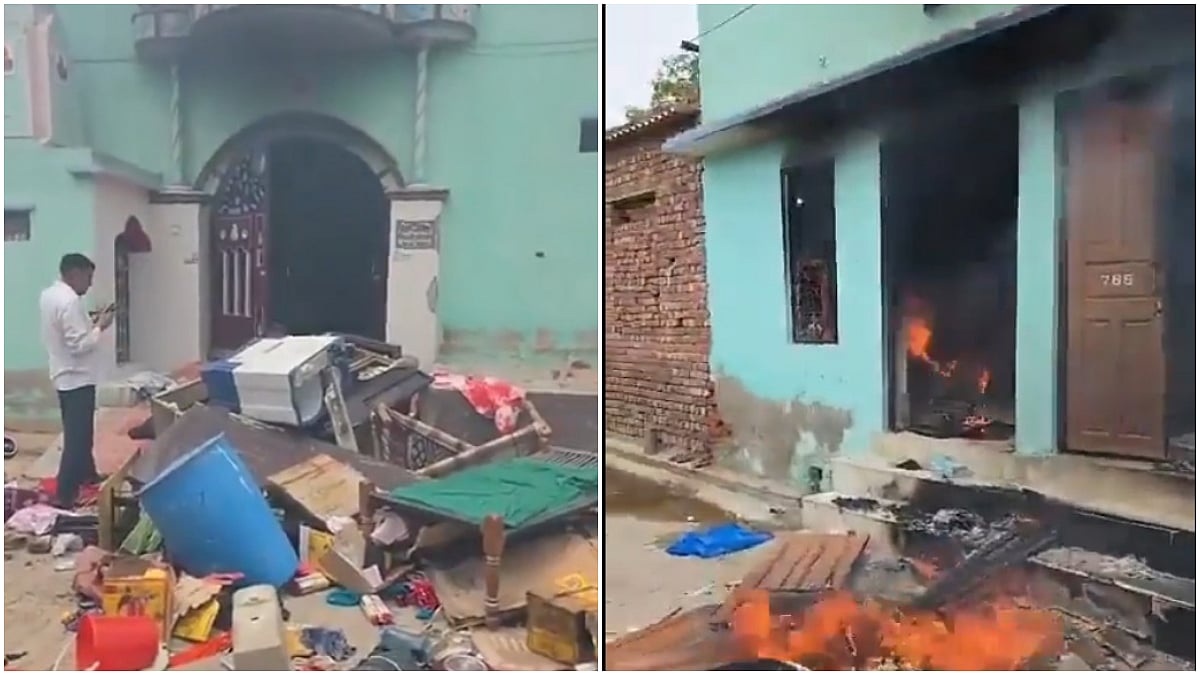The diplomatic standoff and tensions between India and Canada has become a matter of concern not just for India and Canada but in the larger democratic world as well. The Western media has also covered the story extensively after Canadian Prime Minister Justin Trudeau's comments saying that there was strong link between the killing of Khalistani terrorist Hardeep Singh Nijjar and agents of the Indian government. The Washington Post in a report on Tuesday (September 26), said that at least six people and two vehicles were involved in the murder of Khalistan separatist leader Hardeep Singh Nijjar. The news organisation said that in a video footage reviewed by the Washington Post, the elements indicate that the killing was a highly organised operation than the initial reports indicated.

US reiterated it was deeply concerned
Meanwhile, the US reiterated that it was "deeply concerned" by the allegations levelled by Canadian Prime Minister Justin Trudeau over the involvement of officials of Indian agencies in the murder case of Canada-based pro-Khalistan hardliner Hardeep Singh Nijjar.
Replying to a query during a regular press briefing on Monday, spokesman for the US State Department Matthew Miller said: "We remain in close contact with our Canadian partners, as the Secretary (Antony Blinken) said on Friday (September 22). We believe it's critical that Canada's investigation proceed and that the perpetrators be brought to justice. "And we have publicly - and privately - urged the Indian government to cooperate in the Canadian investigation."
The spokesman's remarks came days after Blinken urged India to cooperate with Canada and ensure "accountability" over Nijjar's killing on June 18 outside a Sikh temple in British Columbia.











